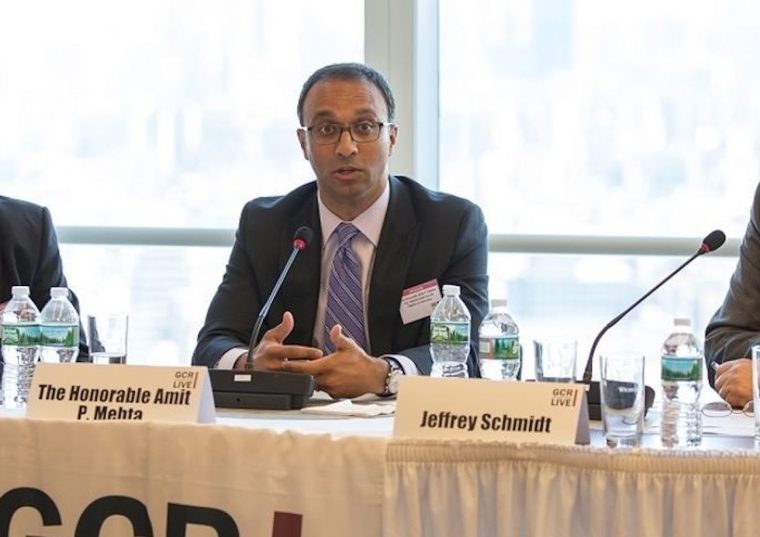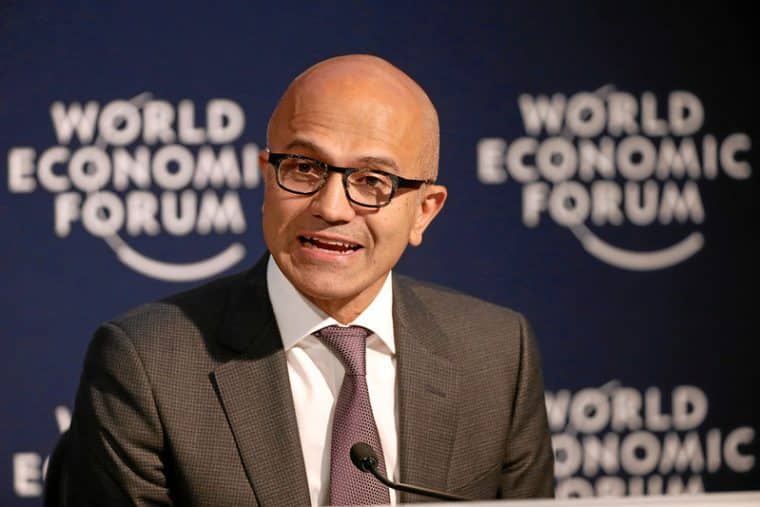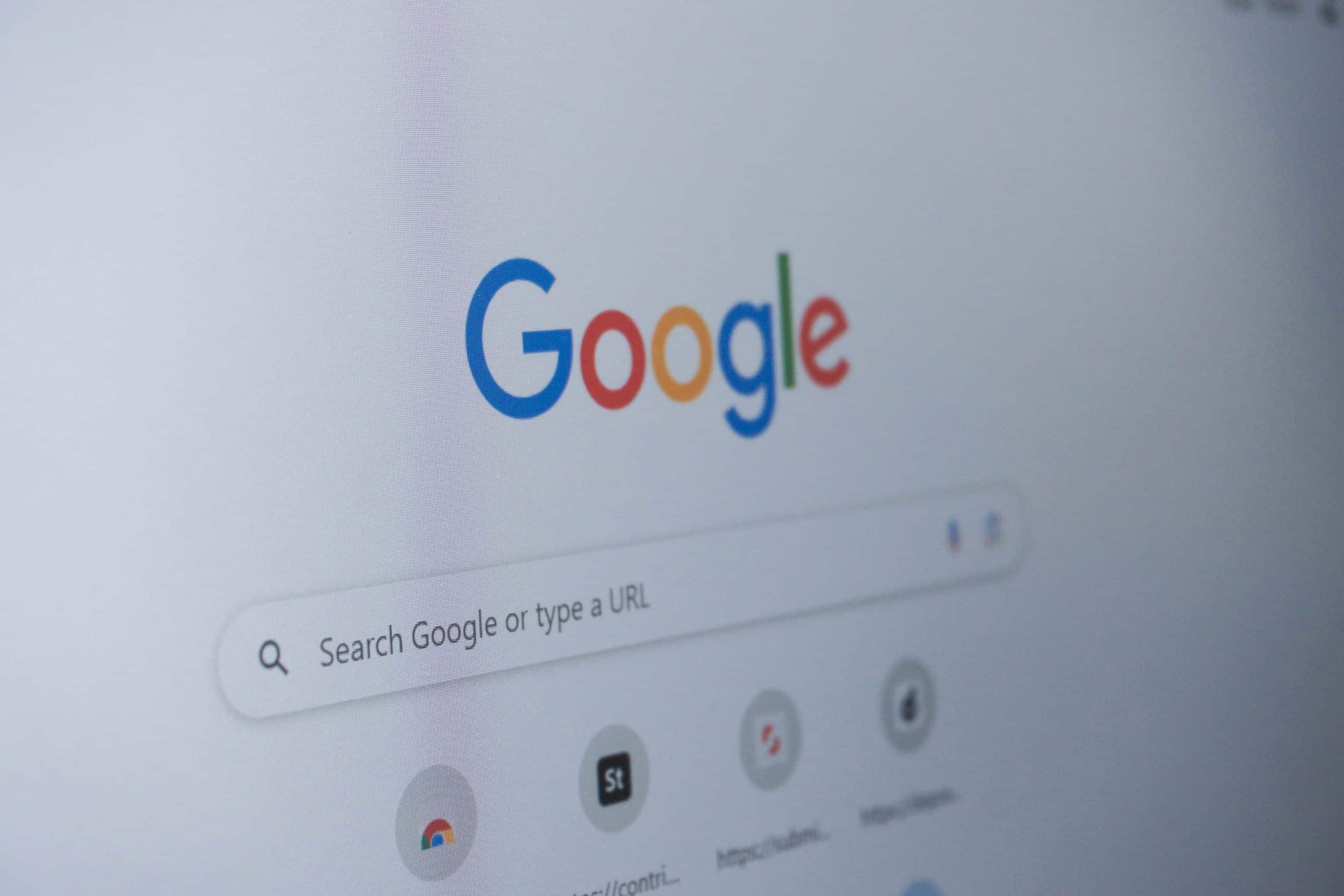A major antitrust case finally came to a resolution after US District Judge Amit Mehta ruled against Google on Monday, finding that the company illegally exploited its dominance in the search engine market to stifle competition and innovation. At its heart, the ruling came down to the payments Google makes to companies like Apple and Opera to ensure that Google is the only search engine that consumers see and use.
The ruling can be considered a major victory for the Department of Justice (DOJ), which, in partnership with attorney general offices from various states teamed up to bring a robust case against the well-resourced tech giant. The ramifications of the case are currently unknown as Mehta hasn’t provided any framework to fix these problems but they have the potential to turn the tech world on its head.
Key Background on the US vs Google Case
The origins of this case can be traced back to October 2020 when Donald Trump’s administration assembled a legal coalition headed by Ken Paxton, the Attorney General of Texas. While Trump’s administration was mostly lax in terms of its antitrust policy (unlike Biden’s FTC chair, Lina Khan), it didn’t pull punches when it came to big tech.
The plaintiffs accused Google of violating Section 2 of the Sherman Act, which prevents companies from maintaining monopolistic powers by abusing their dominance and financial resources to bring down emerging competitors.
Fourteen years ago, Google’s dominance of the search market was undisputed. The company controlled over 90% of all search queries in the country while such percentage increased to nearly 95% for mobile devices.
The government’s case was primarily founded on this statistic as they alleged that Google engaged in anti-competitive practices that forced smartphone and computer manufacturers to enter exclusive distribution agreements.
This is the biggest win for the US government since the famous case against Bill Gates’ Microsoft back in 1998 concerning the company’s successful Windows operating system and Internet Explorer web browser.
Executives from Alphabet, Google’s parent, and key clients and rivals like Microsoft and Apple (AAPL) were all summoned to court to provide testimony about the firm’s practices. The proceedings took place behind closed doors as sensitive business information and corporate secrets were shared, many of which pertain to how Google treats consumer electronics manufacturers.
Judge Mehta Calls Google “a Monopolist”

Following months of deliberation, Judge Mehta finally shared is ruling in a 277-page document where he bluntly stated that the company had “violated Section 2 of the Sherman Act”.
“Google is a monopolist,” Mehta wrote without hesitation. He deemed Google’s practices in the search market as anti-competitive and cited the firm’s contracts with Apple and other major players in the mobile space as an example.
As part of these agreements, manufacturers are forced to make Google their default search engine. As a result, the firm undermines any possibility that alternative engines have to be in front of consumers, forces smartphone owners to use their software, and dominates the market to such an extent that they have to invest little to maintain their leadership as no other player is allowed to compete against.
The scope and reach of these arrangements are staggering. For example, in 2021 alone, Google reportedly spent $26 billion to secure agreements with key manufacturers so they could maintain their dominance of the search market. No competitor has that kind of resources and this poses a huge barrier of entry to newcomers.
Meanwhile, the judge determined that Google took advantage of its monopoly to charge higher prices for its advertising services. This had far-reaching implications that affect millions of companies who have invested their marketing budgets with the tech giant.
Implications for Google and the Tech Industry
The ruling will likely turn out to be a bullet to Google’s heart as its flagship search engine, easily worth hundreds of billions of dollars, is the crown jewel of the company founded by Larry Paige and Sergey Brin.
It calls into question the legality of these distribution agreements and that could jeopardize the firm’s financial success down the road as its advertising revenues may take a hit depending on the kind of remedies that the judge ultimately proposes to reduce the company’s monopolistic powers.
Last year, Google’s search advertising business produced a mind-blowing amount of $240 billion in revenues. Any changes to its commercial practices could severely cripple the firm’s ability to grow or even sustain that level of income.
Diana Moss, the vice president and director of competition policy at the Progressive Policy Institute compared Google’s case to other historical antitrust proceedings against telecom giant AT&T and Standard Oil.
“[The ruling] it’s very clear in signaling that the use of exclusive contracts in the hands of a monopolist violates the law.”
Aside from the impact that Google’s practices have on its ability to generate billions in revenue, competitors cited that the firm’s control of a vast amount of search data puts it in a privileged position to train its artificial intelligence models.
These comments came from no other than the Chief Executive Officer of Microsoft (MSFT), Satya Nadella, who criticized this unfair advantage produced as a result of engaging in unlawful commercial agreements.
Who Won? Mixed Views Emerge from Google, Advocacy Groups, and the Government

Google has already announced that it will appeal the judge’s decision.
“This decision recognizes that Google offers the best search engine, but concludes that we shouldn’t be allowed to make it easily available,” commented Kent Walker, Google’s President of Global Affairs.
The Mountain View-based tech giant maintains that its popularity comes from the quality of its product and not from any of the prejudicial business practices cited in court.
Government officials hailed the ruling as a major victory. Attorney General Merrick Garland called it “a historic win for the American people” and emphasized that no company is above the law.
However, Adam Kovacevich, the founder of the Chamber of Progress, a tech advocacy group, believes that the biggest winner of this proceeding is Microsoft, not the American public.
“Microsoft has underinvested in search for decades, but today’s ruling opens the door to a court mandate of default deals for Bing. That’s a slap in the face to consumers who chose Google because they think it’s the best,” he added.
Naturally, the opinions of tech lobbyists should be taken with a colossal grain of salt in this matter. Historically, essentially every major case of antitrust enforcement benefitted the public.
A New Proceeding Will Commence to Determine How to Remedy the Situation
The road toward finding remedies to Google’s monopolistic power is far from over as a new proceeding needs to begin to determine how the company will compensate those who were harmed by its practices and how its practices will change to comply with federal laws.
One potential solution could be to implement “choice screens” that give consumers the chance to select which search engine they would like to set as default for their devices. Moreover, the use of default agreements will likely be prohibited.
Some have suggested that the Judge may opt to enforce structural changes to Google as a company. However, the likelihood of this scenario is quite low.
Monetary fines may apply as well in this case but their impact will likely be limited to Alphabet (GOOG) considering its large size and cash reserves. The ideal remedies would aim to solve the root cause of the issue, which is that Google is running over its competitors.
This could open up the search market to smaller companies that may compete on quality despite not having as much money as the tech giant.
In any case, legal experts anticipate a lengthy appeals process that could take up to five years. Hence, the implementation of such remedies will likely be delayed. During this time, Google will likely operate as it has been in the past, though the ruling may influence its business decisions and negotiations with partners to protect itself from further legal actions and scrutiny.
